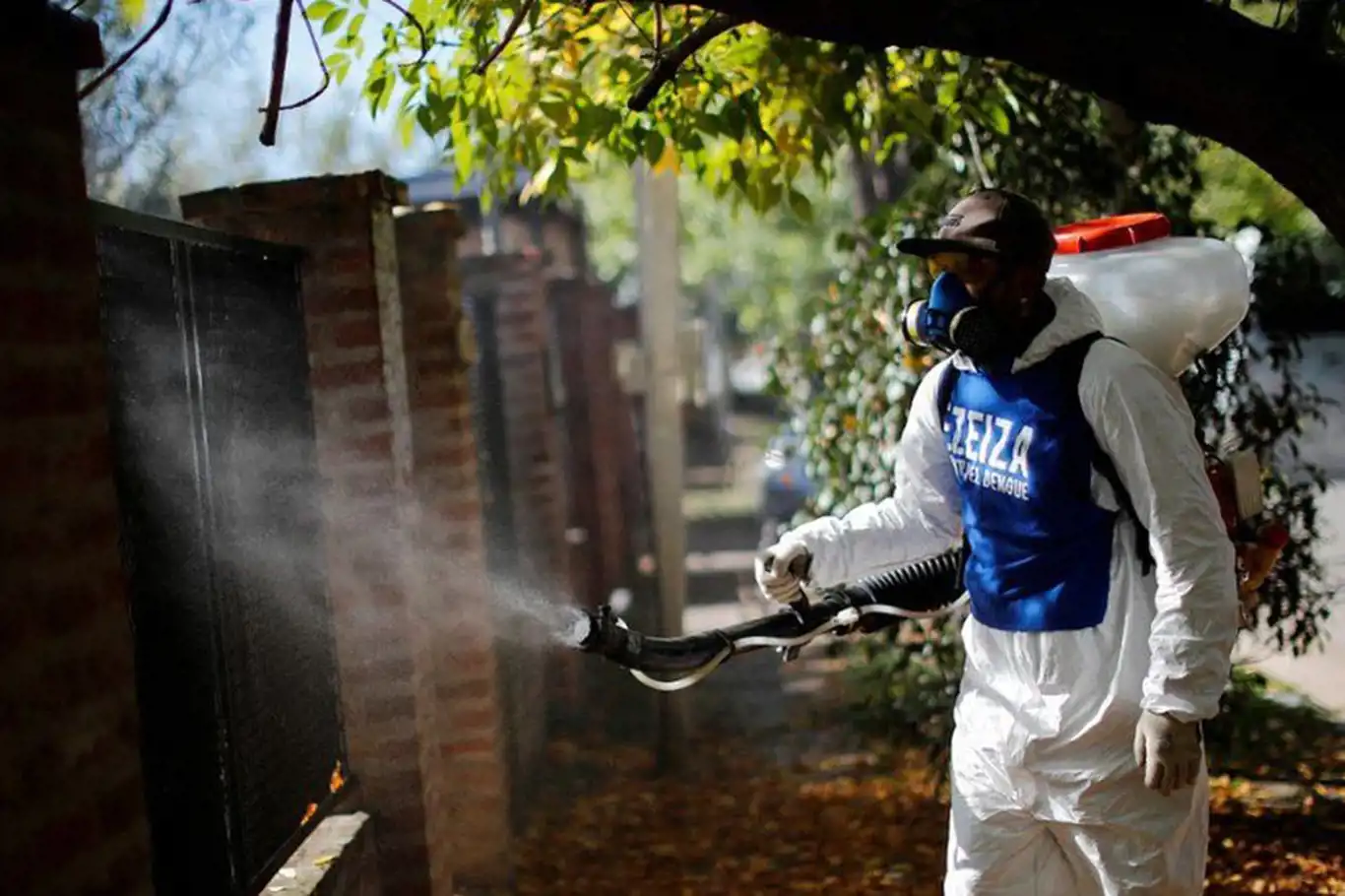Dengue fever kills over 1,600 in Bangladesh this year


Bangladesh is grappling with an unprecedented outbreak of mosquito-borne viral dengue fever, with the death toll reaching 1,606 this year as of Monday, according to health authorities.
This marks a record-breaking number of cases since the country began keeping records in 2000.
The latest figures include eight additional deaths reported on Monday, with four occurring in the capital, Dhaka, the epicenter of the deadly disease.
Of the total fatalities this year, 930 were reported in Dhaka alone, according to data provided by the Directorate General of Health Services (DGHS).
The DGHS also recorded 920 new cases requiring hospitalization, bringing the total number of cases to 309,087 this year. Among these cases, 107,298 were reported in Dhaka.
As of Monday, 3,493 patients are currently receiving treatment in hospitals across the country, with 1,011 of them in Dhaka, according to the DGHS daily dengue update.
Dengue fever, a viral infection transmitted through infected mosquitoes, has no specific treatment. The surge in cases has put immense pressure on healthcare facilities in Bangladesh.
Last year, Bangladesh reported 281 deaths and 123,808 cases of dengue fever, underscoring the alarming escalation of the disease in 2023.
Health authorities are intensifying efforts to manage the outbreak and mitigate its impact on public health. (ILKHA)
LEGAL WARNING: All rights of the published news, photos and videos are reserved by İlke Haber Ajansı Basın Yayın San. Trade A.Ş. Under no circumstances can all or part of the news, photos and videos be used without a written contract or subscription.
Türkiye’s Minister of Health, Kemal Memişoğlu, voiced serious concerns over the nation’s sharply declining fertility rate, which has plummeted from 5.1 in the 1970s to just 1.5 today.
The İnönü University Turgut Özal Medical Center in Malatya, Türkiye, has once again etched its name in the annals of medical history.
The Turkish Statistical Institute (TurkStat) announced on Wednesday that life expectancy at birth in Türkiye has decreased slightly to 77.3 years for the 2021-2023 period, compared to 77.5 years in the previous period.
The World Health Organization (WHO) has confirmed that more than 25,000 mpox cases have been recorded across Africa in 2024, with over 720 deaths potentially linked to the viral disease.